Termites can damage the structure of your home without being noticed for years. The warm climate and seasonal humidity in Arlington make conditions more favorable for their survival. Treating termites involves addressing what draws them to your property. In fact, Romney Pest Control technicians will consider various factors that contribute to the infestation. The company offers specialized termite treatments that target active colonies and establish protective barriers to prevent future infestations. They use advanced inspection tools, safe treatment products, and proven methods to ensure long-term effectiveness. The following are factors they consider when dealing with termites:
Moisture in and Around the Home
The presence of damp soil, leaky pipes, or clogged gutters provides an ideal environment for termites to thrive. Subterranean termites need consistent moisture to survive. These insects may find a pathway into your home if your foundation holds water after heavy rain. The same can happen if condensation builds up around your air conditioning unit. You can reduce this risk with proper drainage and regular plumbing checks. Also, it is important to clean the gutters regularly.
Wood-to-Soil Contact
Termites can enter your home through porch posts, decks, steps, or wooden siding that touches the ground. These pests live in soil and feed on cellulose, so this contact gives them easy access. Even untreated landscaping timbers or mulch resting against the foundation can be a problem. Raising wooden structures above the ground or creating barriers between soil and wood can discourage termite activity.
Cracks and Openings in the Foundation
Termites can find tiny gaps to move from the soil into walls and wooden beams. Over time, seasonal changes can create new cracks, especially in older homes. This makes it essential to seal gaps, inspect crawl spaces, and maintain your foundation.
Firewood and Lumber Stored Too Close
Keeping a stack of firewood near the house may be convenient. But it is also a buffet for termites. Woodpiles kept against exterior walls or directly on the ground allow termites to spread from the pile to the structure itself. Leftover lumber from a project or untreated boards stored outside can cause similar issues. To reduce risk, store wood at least 20 feet from the home and keep it off the ground using racks or platforms.
Landscaping Choices
Mulch holds moisture and provides a food source. Trees or shrubs planted too close to the house can also cause problems. This is especially the case if roots create cracks in the foundation. Dead stumps or fallen branches in the yard are natural food sources for termites. You can create a less welcoming environment by choosing non-wood-based mulch and trimming vegetation. Also, ensure you clear debris.
Warm Weather and Humidity
Warm temperatures and high humidity allow them to thrive throughout much of the year. Termites are particularly active during the spring and summer when they swarm to form new colonies. Since the weather cannot be controlled, preventive steps become more important. Routine inspections and professional treatments help you stay ahead of seasonal spikes in termite activity.
Cluttered Crawl Spaces and Attics
Crawl spaces, basements, or attics can also draw termites. Termites can use cardboard boxes, old papers, and stored wooden items as food sources. These areas can become more appealing to them when they trap humidity or have limited airflow. Keeping storage areas clean, dry, and well-ventilated removes easy food sources. Also, it reduces the chance of termites settling in hidden corners of the home.
Regular inspections from trained professionals help detect early signs of an infestation. Mud tubes, hollow-sounding wood, and discarded wings are signs that termites are nearby. Catching these early can help you avoid incurring thousands in property damage.
In addition, termites are persistent and can go unnoticed until the damage becomes severe. Professional pest control removes active colonies and builds protective barriers to stop new ones from forming. In Arlington’s climate, this added layer of security is essential for peace of mind.

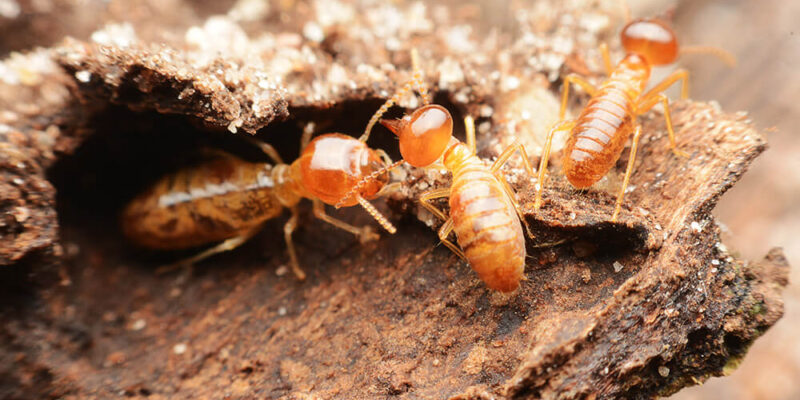


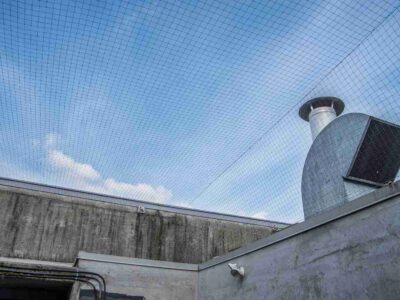

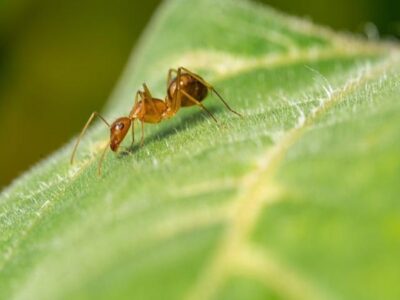
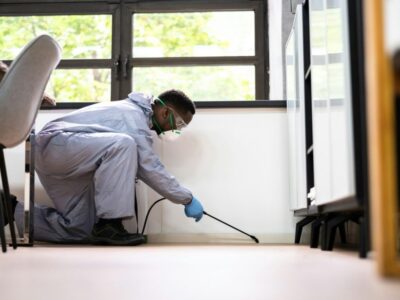



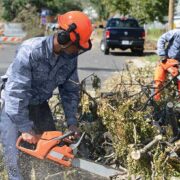
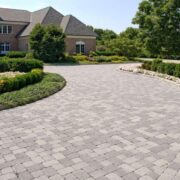
Comments